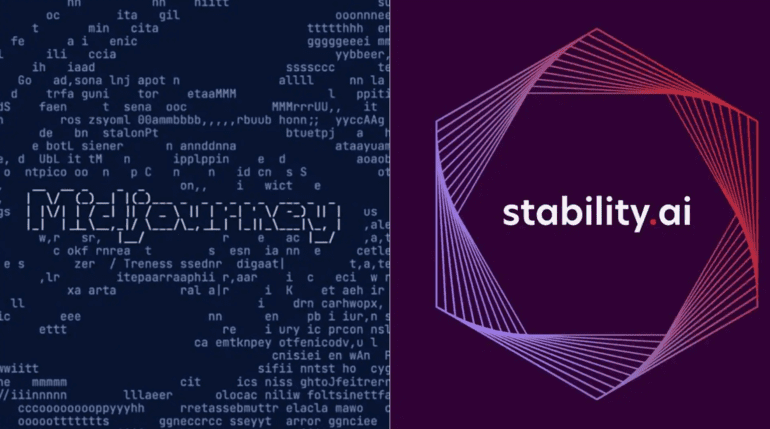- Midjourney bans Stability AI employees indefinitely due to suspected image scraping.
- Allegations stem from botnet-like activity detected by Midjourney, causing a 24-hour service outage.
- Stability AI CEO claims the incident was unintentional and asserts self-sufficiency in data.
- Midjourney faces criticism for its own history of data scraping without permission.
- The clash highlights ethical concerns and competitive dynamics in the AI image synthesis market.
Main AI News:
Amid allegations of illicit image scraping, Midjourney took decisive action on Wednesday, issuing an indefinite ban to all employees of Stability AI, a rival in the realm of image synthesis. The move came in response to what Midjourney described as “botnet-like” activities, believed to be orchestrated by a Stability AI employee, aimed at bulk scraping of prompt and image pairs. Nick St. Pierre, a prominent advocate for Midjourney, took to Twitter to announce the ban, which was disseminated through Midjourney’s official Discord channel.
Prompt and image pairs serve as crucial elements for generative AI models like Midjourney and Stability AI’s Stable Diffusion 3 (SD3) in their image synthesis endeavors. The unauthorized acquisition of such pairs could potentially facilitate the training or refinement of a competing AI image generator model.
The disruptive bot activity, occurring around midnight on March 2, led to a 24-hour service outage for Midjourney’s commercial image generator platform. Midjourney promptly traced the activity to a member of Stability AI’s data team, identified as attempting to procure prompt and image pairs illicitly. Consequently, Midjourney instituted a sweeping ban on all Stability AI employees, accompanied by a stern new policy: any aggressive automation or service disruption would result in the wholesale banning of all employees affiliated with the culpable entity.
Critics, such as Siobhan Ball of The Mary Sue, pointed out the irony in Midjourney’s stance, noting the company’s own history of utilizing training data scraped from the internet without explicit permission. Ball remarked, “It turns out that generative AI companies don’t like it when you steal, sorry, scrape, images from them. Cue the world’s smallest violin.”
Midjourney’s subscription-based service allows users to access an AI image generator, translating written prompts into visually stunning computer-synthesized images. However, this practice has drawn criticism for its perceived disrespect toward artists, whose works form the basis of the AI’s training data. Artist Jingna Zhang lamented the commodification of her artistic endeavors, decrying the reduction of her life’s work to mere fodder for a commercial enterprise.
Stability AI’s Response: Claims of Unintentional Action
Following the ban, Stability AI’s CEO, Emad Mostaque, expressed surprise and stated that the alleged activities were not deliberate. Mostaque expressed a willingness for direct communication with Midjourney to resolve the issue. In response, Midjourney’s CEO, David Holz, provided pertinent information to aid Stability AI’s internal investigation.
In a subsequent exchange with Ars Technica, Mostaque clarified that while there were no images scraped, a team member had run a bot to collect prompts for a personal project. He expressed uncertainty regarding any link between this activity and the service outage but conveyed apologies if such an inference was drawn. Moreover, Mostaque asserted Stability AI’s self-sufficiency, claiming superiority of their synthetic data over that of Midjourney’s.
Mostaque emphasized the contrasting data collection methodologies between the two companies, highlighting Stability AI’s adherence to proper protocols and opt-out mechanisms. He downplayed any rivalry with Midjourney, emphasizing a cooperative history and even revealing past financial support provided to Midjourney during its nascent stages.
In the unfolding saga of AI image synthesis, the clash between Midjourney and Stability AI underscores the competitive landscape and ethical considerations inherent in the industry’s evolution.
Conclusion:
The conflict between Midjourney and Stability AI reflects the intense competition and ethical dilemmas prevalent in the AI image synthesis market. As companies vie for dominance, issues surrounding data ownership and integrity are brought to the forefront, demanding greater transparency and accountability from industry players. This incident underscores the need for robust governance frameworks to ensure fair competition and uphold ethical standards in the burgeoning AI sector.

